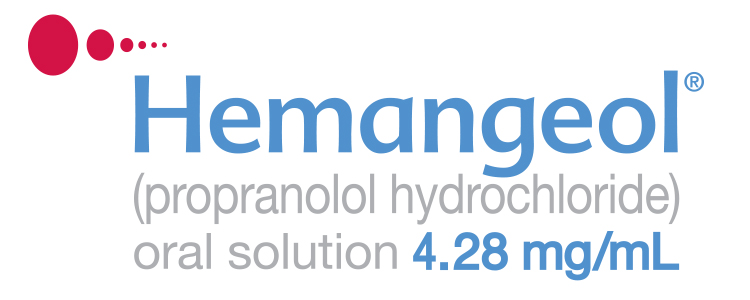Talk to Your Baby's Physician
It is normal to feel scared or stressed about your baby’s condition, but you’re not alone. Your baby’s doctor can answer any questions or concerns you may have and help get your baby the treatment he or she needs.

Physician Discussion Guide
The Physician Discussion Guide provides important questions that can assist you in starting a productive discussion with your baby’s doctor. Print it out and bring it to your next office visit.
Making the Most of Your Office Visit
Talking to your baby’s doctor is very important. It can help you develop a better understanding of infantile hemangioma, the impact it may have on your baby, and the treatment options that are available.
To make the most of your office visit, it is best to be prepared. Bringing a list of questions to ask your baby’s doctor can help you make sure all your concerns are addressed. Here’s a list of questions you can ask during your visit:
Questions about Infantile Hemangioma:
- What examinations and tests will my baby need?
- What should I watch out for with my baby’s infantile hemangioma?
- What happens to the hemangioma over time if left untreated?
- What are the possible complications?
Questions about the Medication:
- How does the medication work?
- Is this medication right for my baby?
- How quickly can I expect treatment with the medication to work?
- What are the side effects associated with this medication?
- How long will my baby need to take the medication?
- How do I get my baby started on the medication?
Feel free to use the notes section below to write down any additional questions you may have, or to take notes during your visit.
After Your Office Visit?
You should come away from your office visit feeling confident that you have an understanding of infantile hemangioma and the treatment options available. If you have any further questions after your visit, don’t hesitate to follow up with your baby’s doctor.
Important Safety Information for HEMANGEOL
Do not give HEMANGEOL to your child if your child:
- was born prematurely and has not reached the corrected age of 5 weeks
- weighs less than 4 ½ pounds
- is allergic to propranolol or any of the other ingredients in HEMANGEOL
- has asthma or a history of breathing problems
- has a heart problem, slow heart rate (less than 80 heart beats per minute), very low blood pressure
- is at risk for low blood sugar, for example is vomiting or unable to take feedings
- has high blood pressure caused by a tumor on the adrenal gland, called “pheochromocytoma”
Tell your doctor about all of your child’s medical conditions, all of the medicines your child takes, and all of the medicines that you take if you are breastfeeding your child.
HEMANGEOL can cause serious side effects, including:
Low blood sugar (hypoglycemia), especially if your child is not taking feedings, or is vomiting. HEMANGEOL may make it more difficult to recognize the signs and symptoms of low blood sugar in your child. To help reduce the risk of low blood sugar with HEMANGEOL, give HEMANGEOL during or shortly after feeding your child. Feed your child regularly during treatment. Tell your doctor if your child has a poor appetite. If your child is not taking feedings, due to an illness or vomiting, do not give HEMANGEOL until your child is taking feedings normally again.
If your child has any of the signs or symptoms of low blood sugar listed below during treatment with HEMANGEOL, stop giving your child HEMANGEOL and call your doctor or go to the nearest emergency room right away.
Signs or symptoms of low blood sugar include: pale, blue or purple skin color, sweating, irritability, crying for no apparent reason, irregular or fast heartbeat, poor feeding, low body temperature, unusual sleepiness, seizures, breathing stops for short periods of time, and loss of consciousness
If your child is conscious, give him/her a drink of a liquid containing sugar.
Other serious side effects can include:
- New or worsening slow heart rate (bradycardia) or low blood pressure (hypotension).
- Breathing problems or wheezing.
- Stroke. HEMANGEOL may increase the risk of stroke in certain children who have severe problems with the blood vessels in their brain, particularly if your child has a large hemangioma that affects the face or head.
Call your doctor or go to the nearest hospital emergency room if your child has:
- pale skin color, slow or uneven heartbeats, arms or legs feel cold, blue or purple skin color, or fainting.
- breathing problems or wheezing during treatment with HEMANGEOL.
The most common side effects include: sleep problems, worsening respiratory tract infections, diarrhea, and vomiting.
These are not all the possible side effects of HEMANGEOL. Call your doctor for medical advice about side effects.
You are encouraged to report negative side effects of prescription drugs to the FDA. Visit www.fda.gov/medwatch or call 1-800-FDA-1088.
Please see Full Prescribing Information and Medication Guide.


